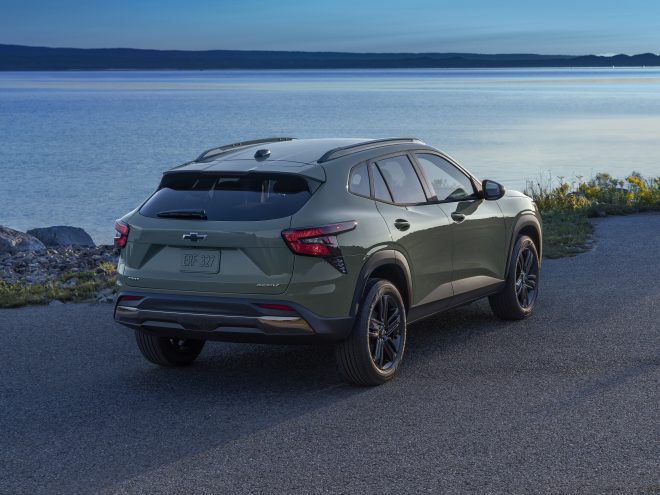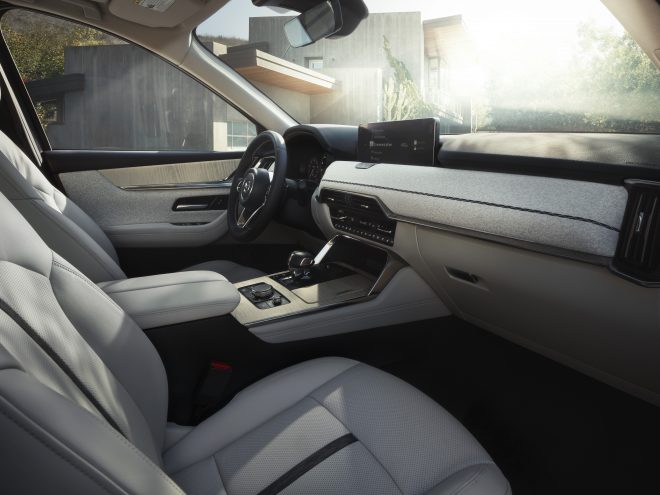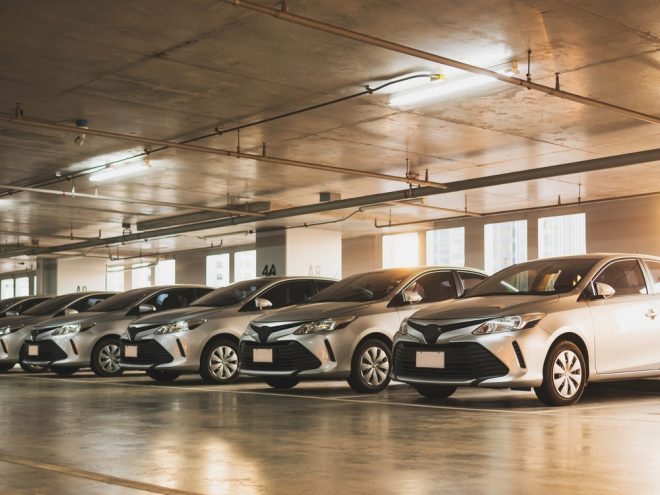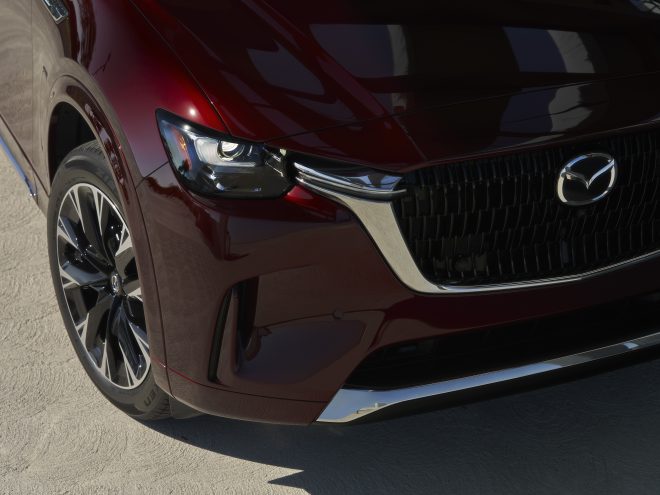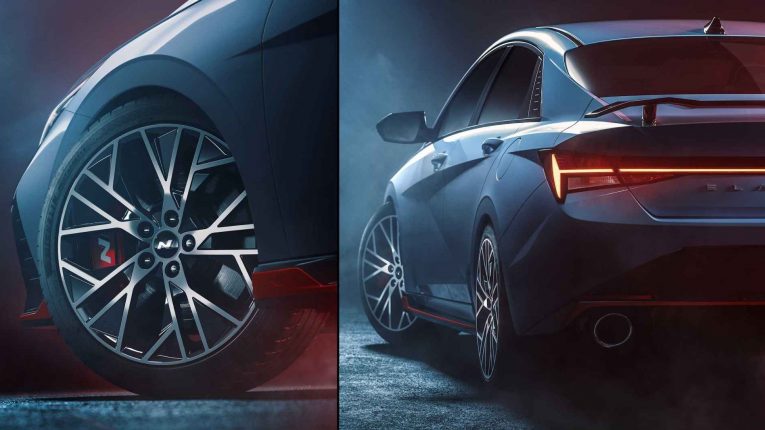
How to Pick Your First Car
Let’s face it, buying your first car is a really big deal. It’s probably one of the biggest purchases you’ll ever make on your own. To help you navigate the process, we’ve compiled a list of steps to take before you even walk into a dealership.
Before you start shopping for your dream car, be sure to do some homework. The more research you do before you buy, the better your chances of making a smart purchase! In addition to reading online reviews, ask friends and family about their experiences with specific models to learn from them.
If you’re a student, you might not have enough time to handle all of that in addition to your academic load. But the good thing is that you can turn to an essay writing service that will help you with tedious academic tasks at comfortable prices. And if you’ve already taken care of it, you might want to learn the important aspects of buying your first car. Let’s dive in!
Source: https://unsplash.com/photos/xpTsS9PJMXQ
Decision Time
When you’re ready to buy your first car, it can be a big decision. When you get your license, you want to make sure that you don’t end up stranded on the side of the road or with a car payment that you can’t afford. Here are some things you should consider when choosing your first hooptie.
Have a Budget
Before you even start looking for cars, make sure that you have set aside a budget for your vehicle. You don’t want to get too involved in the process before knowing how much money you have to spend.
Do you want to spend under $5,000? Or more? Of course, the more money you have to spend, the better choices you’ll be able to make when looking at available models and features. If you’re on a limited budget, don’t worry — there are still plenty of good options out there.
Examine Your Needs
How will you be using the car? Do you need something reliable and safe or, perhaps, something that is fun and stylish? Once you have determined what qualities are most important to you, it will be easier to narrow down your search.
Here are some important questions you can ask yourself while deciding.
- What do I want out of a car?
- How much do I have to spend?
- What size car is the best for me?
- How much would I be ready to spend each month on car payments?
- What features are most important to me?
- Where do I plan on parking my car?
Adopt; Don’t Shop
The process of buying a car is a little more complicated than choosing just the color. The safest bet for a first-time buyer is a used car – with lower depreciation, used cars are less expensive to insure and more affordable than new cars.
The first step in picking a used car is to decide what you want your vehicle to do for you. Do you need a more fuel-efficient commuter car, or do you have family that will be riding in the vehicle? If you have a tight budget, stick to cars that get 20 MPG or better on the highway. Once you’ve decided how much money you want to spend and how big of a vehicle you need, start shopping.
Test Drive
Before making any purchases, test drive any vehicles that interest you. You will get a feel for how the vehicle drives and find out if its features meet your needs. Also, check out safety ratings and fuel economy so that you know what type of gas mileage to expect from your new ride.
Determine Your Travel Type
How often do you travel? If this is your primary mode of transportation, make sure you know where and how far you will travel. Will it be within city limits or long distances? Answering these questions is very important, as they will determine the type of car for your specific travel needs.
In other words, if your primary use for the vehicle is going to be commuting, think about what kind of area you’ll be driving through each day. If you intend to regularly carry items in your trunk that could break or need special care (like sports equipment), then you’ll want something with extra cargo space.
Decided? Time to Act!
Further Research
When choosing a car, your first stop should be Kelley Blue Book. This site gives current resale value estimates for used cars and helps set a baseline for how much you should pay for your car. Next up is Edmunds, which offers reviews and news about cars, along with its own pricing tools that can help you figure out which model will give you the most muscle per dollar.
To see what other drivers think about the cars they’re using, check out Consumer Reports. It has reliable reviews that go beyond just test-drive impressions; experts take into account real-world reliability and ownership costs over time.
Research how much a fair price is for the vehicle you want and set your budget. If you find one for less, go directly to that seller rather than turning to a dealer.
If you’re buying from a dealer, be skeptical about special deals before you arrive at the dealership — they probably won’t include all fees. If you’re comparing prices from different sellers online, use caution when entering your credit card details or other personal information.
Source: https://unsplash.com/photos/JgEtmgOjoew
Costs and Benefits
You can save thousands of dollars each year by shopping around for insurance quotes. And it’s not just the cost of your auto insurance policy that matters; it’s the coverage terms and possible discounts that are important as well. Visit Insure to get started comparing quotes from several different insurers on one page.
Fees and Taxes
You’re probably aware that sales tax is different in every state, but did you know some states also have additional fees or taxes? These fees could include emissions testing or even a portion of the cost of local public transportation projects. Fees vary from one state to another, and it’s important to understand these charges before signing on the dotted line.
Final Thoughts
There is no better feeling than driving off in that shiny new set of wheels, but there is also a lot of confusion, especially when it comes to buying your first car. It all boils down to one simple process – extensive research. There are many places where you can find information about cars, such as magazines, newspapers, and online reviews.
Your first car should be reliable. Since it is likely to be with you for a few years, it’s important to find something that won’t give you lots of problems. So, get searching and looking for the perfect one – and good luck!

